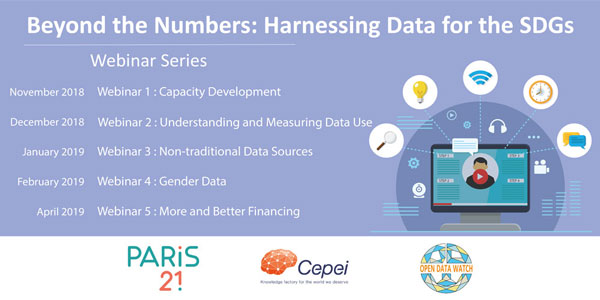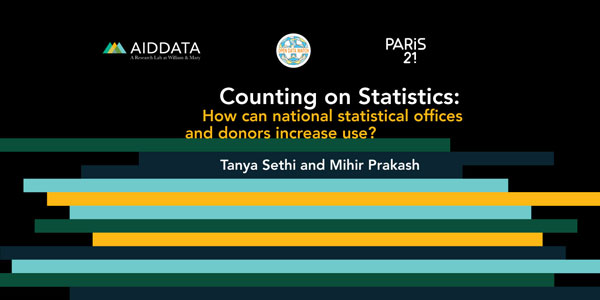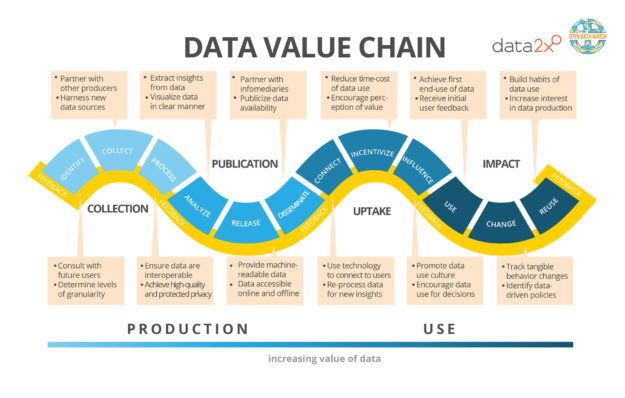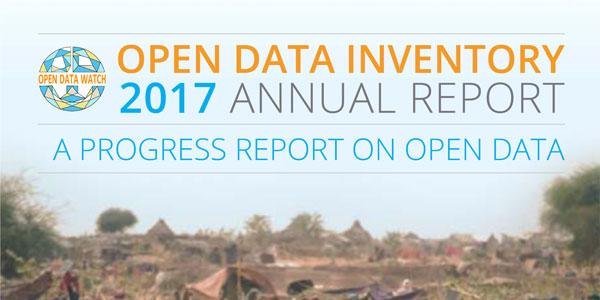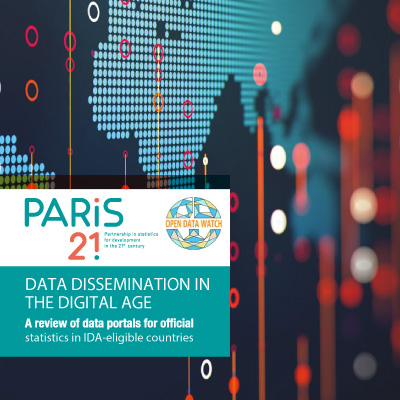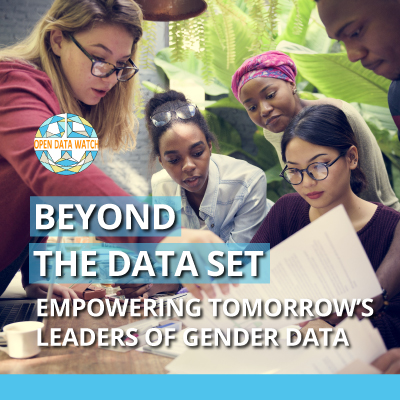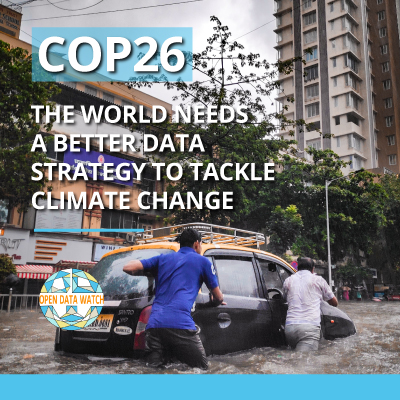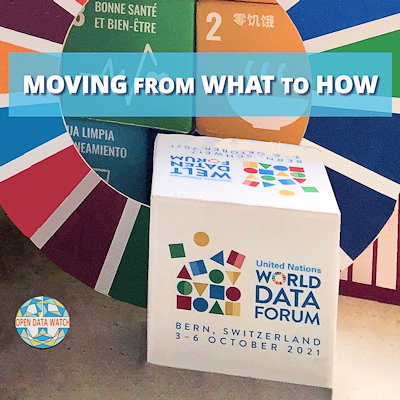Open Data Watch is an international non-profit, non-governmental organization that works at the intersection of open data and official statistics. It monitors the accessibility and comprehensiveness of official data in over 180 countries and provides practical information and assistance in implementing open data policies and systems. The Open Data Watch team has unparalleled experience in development data and is committed to making open data a global reality in support of Sustainable Development Goals.
In partnership with Cepei and PARIS21, Open Data Watch offers this five-part webinar series to provide an opportunity for allow development, data and policy experts as well as practitioners to interact with practitioners concerning the latest advancements in development data.
A result of a joint project between AidData and Open Data Watch, the Counting on Statistics report examines how official statistics are being used from the perspective of 400 national statistical office officials and 650 government ministry officials in 140 low- and middle-income countries.
The data value chain describes the evolution of data from collection to publication to uptake and, finally, to the impact of data on decision making. While the data value chain was created for research documenting gender data impact stories, the framework can also be applied to all types of development data.
The Open Data Inventory (ODIN) measures the coverage and openness of official statistics published on national statistical office websites. This report shares the results of the 2017 round of assessments for 180 countries and helps identify gaps and opportunities for improvement.
What a year 2021 has been for Open Data Watch as we navigated the pandemic, grew our team, did new research, published the 5th ODIN report, fortified partnerships and doubled-down on our commitment to high-quality, open, timely data for sustainable development.
Migration is one of the most pressing issues of our time and innovation in data systems like civil registration and vital statistics (CRVS) can greatly benefit both migrants and policymakers.
There is an increasing number of data portals, but their quality and functioning are uneven, and there is no internationally agreed framework. How can we improve data portals?
Foreign Policy’s recent “Her Power Summit” reminded us that, while mastering the complexities of gender data is crucial, it is equally important to recognize the leaders charting the course to a more data-equitable world, and the barriers they often face.
The most climate-vulnerable regions of the world lack the adequate environment data to combat climate change. Averting a climate crisis requires a data strategy that promotes high-quality, open, and timely data across all countries.
The UN World Data Forum 2021 was the first major opportunity since the pandemic for development data experts and users to assess the lessons and impact of COVID-19 on Sustainable Development Goals. Four main takeaways show a move from “what” to “how” data can be used to achieve SDGs.


